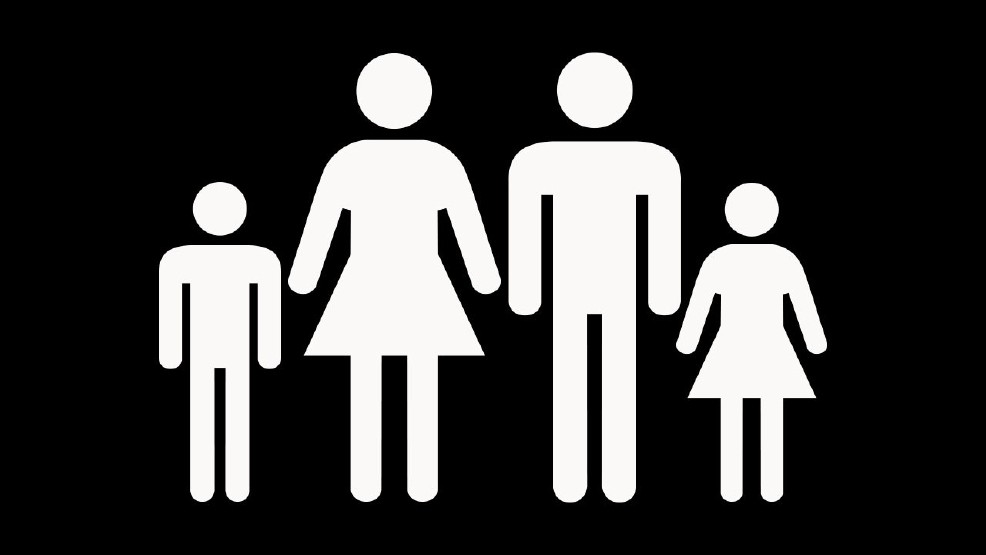On 19th April, when Pakistani actress, model and singer Meesha Shafi tweeted about suffering sexual harassment at the hands of her fellow actor-singer Ali Zafar, I thought this is it. Finally, Pakistan will have its own #MeToo moment and expose the dark underbelly of its entertainment industry.
Instead, Shafi was almost instantly bombarded with a vicious backlash and abusive tweets that claimed she was lying, shamed her for speaking so openly about it and supported Ali Zafar.
This is not the first time female celebrities in Pakistan have spoken up about sexual abuse. Designer Maheen Khan and actress Nadia Jamil shared their stories on Twitter as well, not long after the brutal rape and murder of 7-year-old Zainab Ansari.
The brutality against Zainab sparked widespread outrage in the country and for the first time, people were more or less openly discussing and protesting against child sexual abuse. However, every time such incidents occur, every time people speak up about sexual harassment and abuse, it appears to be a one-off.
The accusations launched against Meesha Shafi show that despite sexual abuse slowly coming to light in Pakistan, people remain entrenched in the same old ‘values’ and the same old arguments. It is not enough to protest against one case that pops up on people’s radar – the very mindset of society and its culture of silence needs to be questioned.
it is not simply Ali Zafar being one of Pakistan’s most well-known celebrities, but being a male celebrity that is garnering him support.
With this in mind, let’s take a look at some examples of the backlash against Shafi and challenge them:
In his own words, Ali Zafar has a daughter, a wife and a mother and hence, could never be a harasser.
Well, by this brilliant logic, very few people in the world would be criminals. The thinking behind this type of argument reveals the patriarchal mindset of people. Men are upheld, almost exalted, as the protectors of their wife and kids and by extension, all women. In this way, they are taught to believe they have a ‘right’ over women. They have a right to ‘flirt with’ women and it is the woman’s fault if she can’t take some friendly flirting, never mind consent.
Thus, it is not simply him being one of Pakistan’s most well-known celebrities, but being a male celebrity that is garnering him support. Also, in a society where being married and having kids is often considered as a marker for being a good person, this is clearly a manipulative way to gain sympathy and nothing else.
Where is the PROOF?
Ah yes, the proof. Let me just take out the secret cameras I have strategically located all over my body that have recorded every angle of harassment. In all seriousness, this once again shows how people are willing to jump down a woman’s throat about her sexual abuse while believing her abuser should be given the benefit of the doubt.
Also Read: Why Must Pakistani Women Suffer To Be Heard?
“Innocent until proven guilty” is a right reserved just for the man, the potential abuser; while the survivor is expected to go to great lengths to ‘prove’ themselves. Of course, the survivor is the one lying even though logically, the accused has more reason and motivation to lie.
People also wondered why Shafi didn’t take the matter to court instead of making a big deal about it on social media. Once again, this shows the ignorance about our justice system and how it is not designed to cater to sexual abuse survivors.
The demands for ‘proof’ and ‘evidence’ are reflective of this. Moreover, taking this to court would likely lead to it being hushed up. Social media, however, is a platform that allows you to freely speak up without any legal restrictions. Despite all the negativity, Shafi was able to bring sexual harassment out of the shadows again.
She’s lying and doing this for fame. This is a publicity stunt.
This is an accusation hurled at a fairly popular celebrity with quite the fan following. No one in our society would gain any sort of positive attention or sympathy by attaching themselves to the stigma of sexual harassment.
“Innocent until proven guilty” is a right reserved just for the man, the potential abuser.
The response to Shafi’s statement itself shows this – in her own words, “It is not easy to speak out…but it is harder to stay silent.” She was aware of the backlash she would get and that her bravery would be met with anger and insults. Yet, she decided to risk her career anyways.
Thus, this argument is yet another way to demonize and shame women who dare to speak up and challenge men – and a fairly common argument against most sexual abuse survivors in general.
Why now? Why didn’t she speak up before?
People need to understand the rape culture that permeates our society, which shames survivors and prevents them from speaking up. How many families do we know that prefer to keep things quiet because “what will people say”? How many times have we seen society smother survivors because “such things” shouldn’t be talked about?
Our society is taking part in a legacy of silence and it takes immense courage to break through that silence. Courage that is often punished as we can see with Meesha Shafi’s case. Her status as a celebrity does not negate the power imbalances she has to face as a woman in this society.
However, she was able to use her status to give voice to something most people don’t have the privilege to. This should be a reminder of all the people who face abuse and harassment on a daily basis and who don’t have the resources to address them.
As of now, women emboldened by Meesha Shafi have been accusing Ali Zafar of harassment as well, such as journalist Maham Javaid and blogger Humna Raza. However, even if these cases ‘prove’ Shafi’s statement didn’t exist, I would still support her. This society has failed too many women and too many survivors. It is time to start hearing their voices and believing them.
Also Read: What Happened When Ayesha Gulalai Accused Imran Khan Of Sexual Harassment
Featured Image Credit: DNA News Agency
About the author(s)
A feminist Muslim, passionate writer and self-professed geek hailing from Karachi, Pakistan. Forever on the lookout for feminist-oriented fiction.




